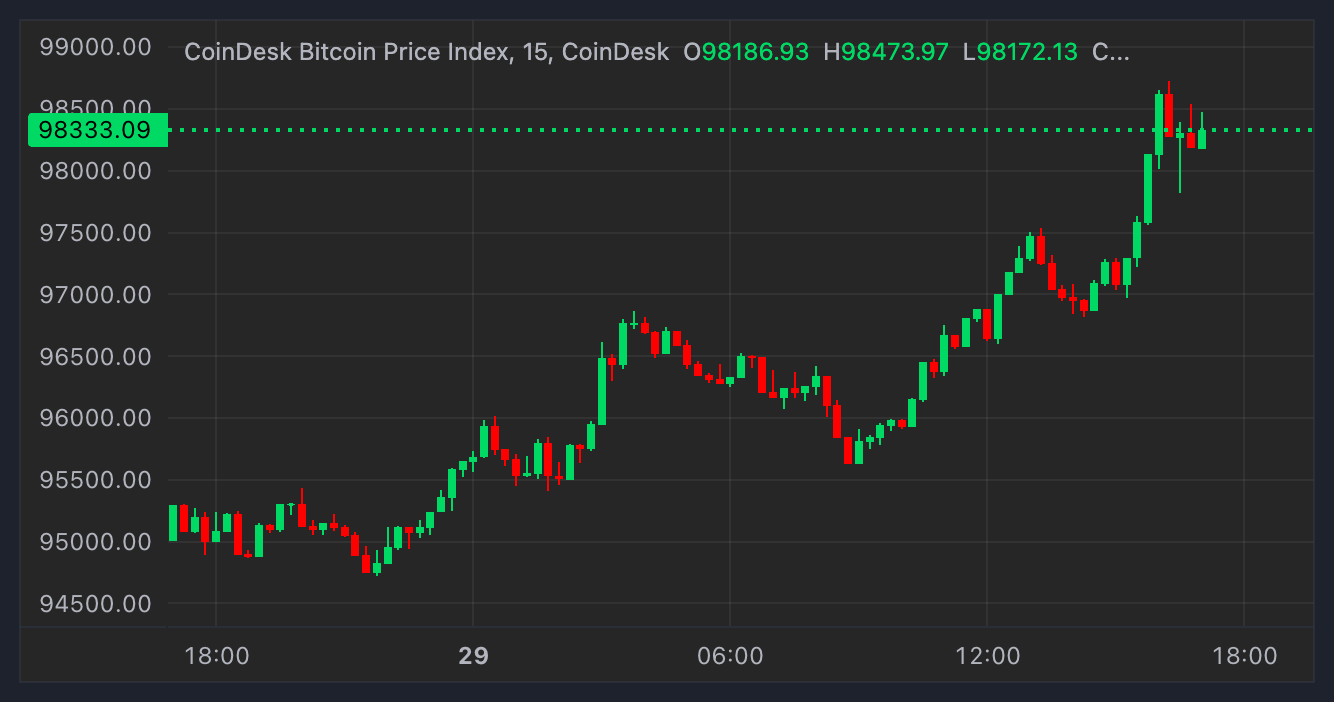ARTICLE AD
Eric Trump publicly denied any connection between the Trump family and the RTR token, highlighting the risks in the memecoin market.
A cryptocurrency named Restore the Republic (RTR), which was rumored to be connected to the Trump family, saw a dramatic collapse in value, falling 95% from its peak. The token initially believed to be an official Trump-endorsed project, surged to $0.1490 following a now-deleted social media post by Ryan Fournier, the chair of Students for Trump, suggesting it was a new Trump token.
Photo: Dex Screener
However, on August 8, 2024, Eric Trump, Donald Trump’s son, publicly denied any connection between the Trump family and the RTR token. He warned the public about “fake tokens”, emphasizing that no official Trump-related cryptocurrency had been launched. The denial from Eric caused the token’s value to plummet to $0.0076, as reported by DexScreener.
Before this collapse, the RTR market capitalization had soared to $155 million, driven by speculation and a tweet from Eric Trump hinting at a future DeFi-related announcement. The tweet ignited rumors, sparking a frenzy of trading. Yet, Eric’s subsequent denial abruptly ended the speculation.
Before Trump denied it, speculation arose in the crypto community that his son might be behind a new memecoin. This buzz started after he shared a vague post on X, hinting at a possible involvement in a DeFi-related project.
We’re about to shake up the crypto worldwith something HUGE.
Decentralized finance is the future—don’t get left behind. #Crypto #DeFi #BeDeFiant
Eric Trump’s disavowal reverberated through the crypto community, leaving many traders, who initially speculated on a Trump-linked memecoin, disappointed and upset. Notably, crypto influencers like Kaiko, Ben Werkman, and SlumDOGE millionaire expressed relief, fearing such a token could have negatively impacted Trump’s presidential campaign.
RTR Debacle Highlights Meme Coin Risks
The RTR debacle is just the latest example of the volatile and unpredictable nature of the memecoin market. Early investors made significant profits within hours before the crash, with five wallets reportedly buying 105 million RTR tokens with $882,000 in Solana (SOL) and later selling 95 million tokens for $5 million.
This incident mirrors previous Trump-themed tokens, such as TrumpCoin (DJT) and MAGA (TRUMP), which have experienced similar volatility. It also highlights the ongoing risks in the burgeoning world of meme coins, where scams and sudden collapses are frequent.
As the dust settles, this event serves as a stark reminder of the potential dangers in the crypto market, particularly when speculation is fueled by high-profile figures without concrete backing. The crypto community remains on edge, waiting to see what if any, official Trump-related project might emerge in the future.

 3 months ago
24
3 months ago
24 

